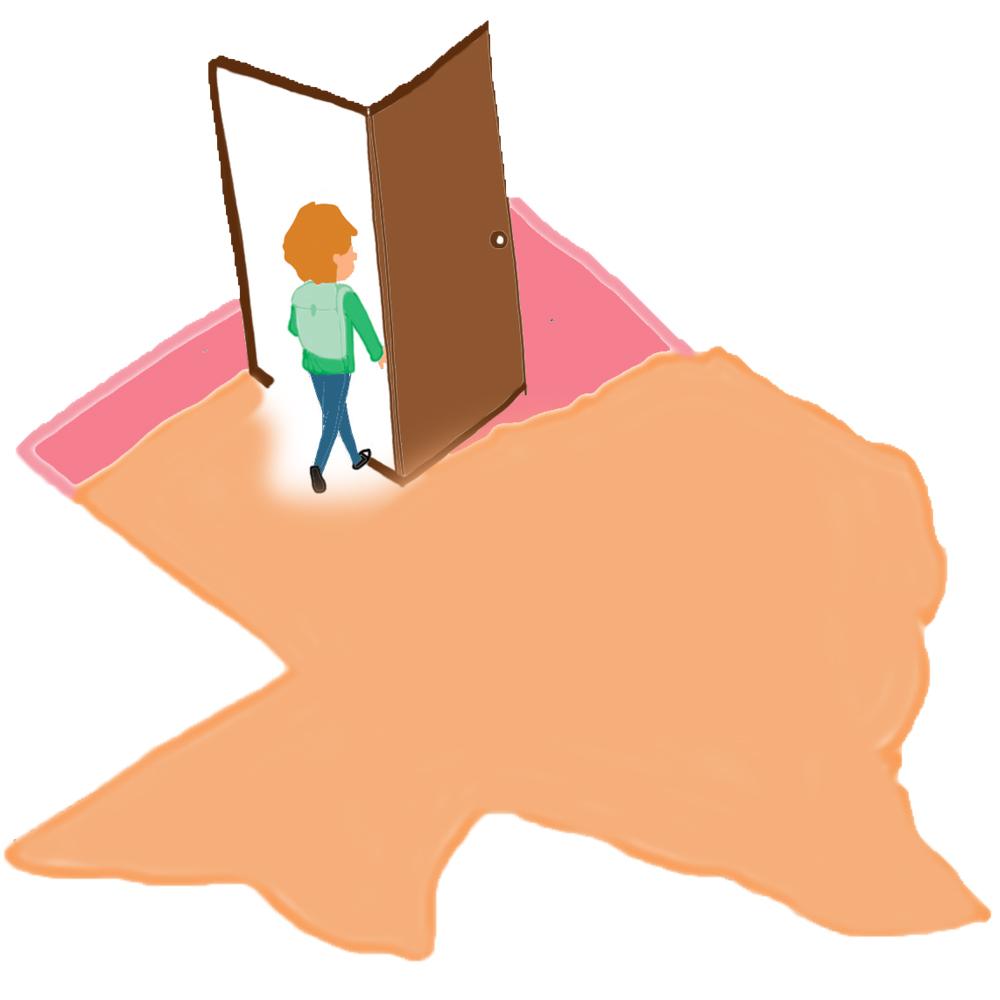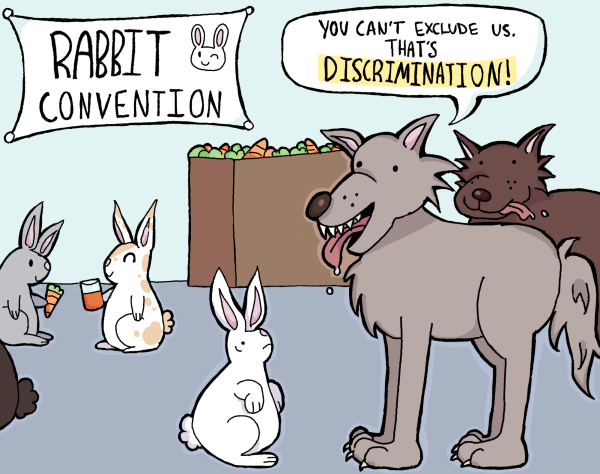Money problems create issues for college choices
Ever since my junior year, my mom has had a folder full of mail from out of state colleges.
Even after I finished my college applications, my mom still kept “pushing the envelope,” trying to get me to apply to an out of state college. Her logic is that cost doesn’t matter if I get a full-ride through scholarships and grants.
However, when considering an out of state college it is important to be aware of not only the tuition of the school but the cost of living arrangements, food, electric bills and water bills (if you decide to live outside the school’s dorms). This can add up to a lot of money and it’s one of the reasons I would recommend going to college in state.
Another reason why I would recommend going to college in state is the distance from your family. If you go somewhere else in the nation, it is harder to come home and support your family if there is an emergency. It’s also more expensive and more difficult to come home for visits.
Personally, I don’t want to move that far away because of my dog, who has severe anxiety issues. It’s better for the both of us if I can come home at least once every few weeks to check on her and spend some time with her.
While some students want to go as far away from home as possible, they should consider the costs of living on their own, the consequences of being away from their family and friends, and the thousands of dollars you are saving by going to college in state.
For example, one year of tuition at the University of Texas costs $25,704 – $27,096 whereas one year of tuition at the University of California costs $55,278.
If a student spent all four years at the University of California rather than the University of Texas, the student would have to pay $112,726 – $118,296 more than if they had just went to the University of Texas.
I don’t know about the rest of the student body, but I certainly don’t have an extra $100,000 to spend.
Just remember wherever you end up going to dream big, even if you have to start small and close to home.
Your donation will support the student journalists of Akins High School. Your contribution will allow us to purchase equipment and cover our annual website hosting costs.

Senior.
Academy :
AHA
Year on staff :
2nd year on staff.
Newspaper Role :
Managing Editor
Why on staff?
I'm on the newspaper staff because I love to write and get the news to those who otherwise wouldn't have access to it. I also love to take pictures.
What do you do for fun?
I play video games, read and write in my spare time.
Plans after high school?
After high school I plan to attend Texas ATM while working towards a degree in biomedical sciences and studying abroad.







